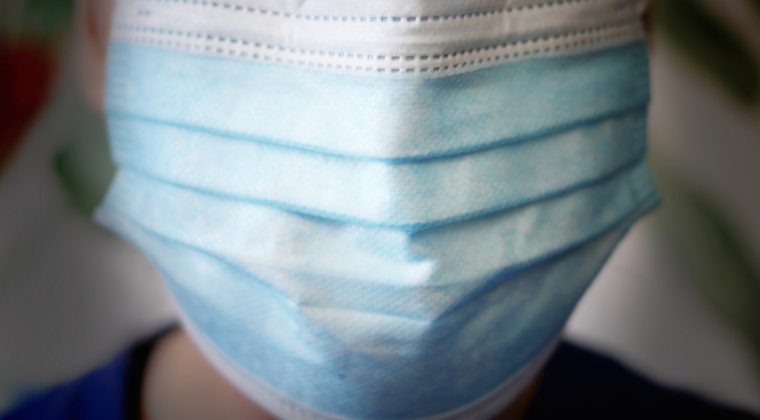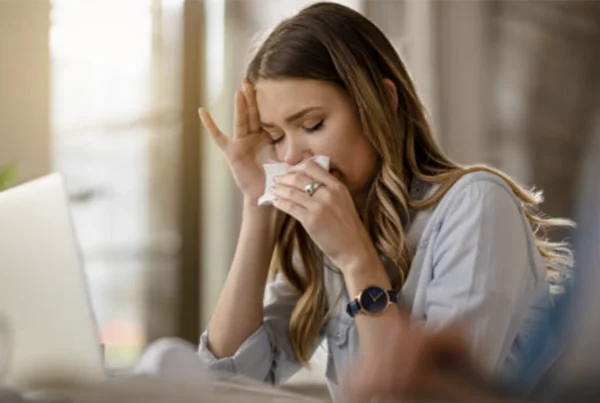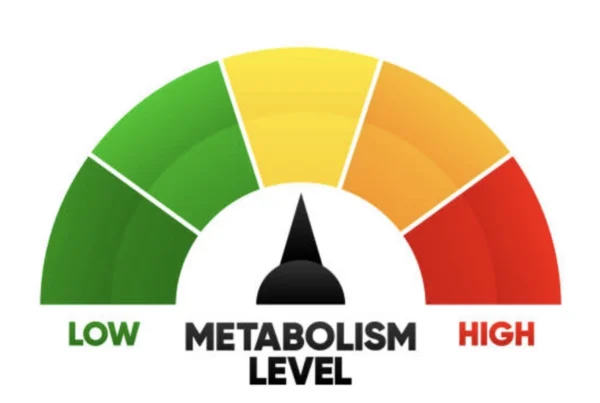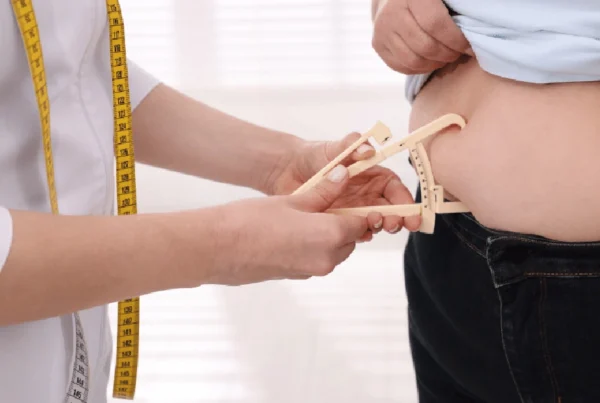We can live for three weeks without food, three days without water, though only three minutes without air! If you asked a child of five which was most important I’m pretty sure they would say “air”! Why then, do most medically trained experts not agree and give more attention to this fundamental factor of life and health?
When did your GP last check your breathing routinely? Unless you were suffering from a respiratory problem such as asthma, bronchitis or emphysema, probably never!
From my forty years’ experience and twenty years checking my patients’ breathing quality I’ve discovered that over 75% breathe badly and fewer than 10% breathe normally!
The important question is “does it really matter?” The answer is a resounding YES!
The Health Impacts of Poor Breathing
Poor breathing can lay the foundations for over a hundred diseases including: Asthma, CFS, Hypertension, Gastric reflux, Panic attacks, Sleep apnoea, Hay fever, Rhinitis, Gut problems, Migraines, Angina, IBS, Depression, Orthodontic problems, Muscle spasms, Snoring, Poor sports performance, and ME to name but a few.
There is no valid reason why our breathing quality should not be routinely checked as one of our vital signs, as it takes less than one minute to test anyone! The only equipment needed is a watch with a second hand! Or check your breathing right now in just one minute HERE
Did you know that carbon dioxide (CO2), far from being a poisonous gas that will kill us if inhaled in high quantities, is vital for life, and if we do not have sufficient we cannot survive very long? Everyone knows that we need oxygen to survive, but few people know that carbon dioxide is just as vital for our health and survival!
What’s so Good About CO2?
Fortunately we generate all the carbon dioxide we need for good health automatically day and night. That’s lucky, because there is very little in the air we breathe, less than 0.04%! In fact we usually produce far more carbon dioxide than we need, but we have an automatic system that keeps our CO2 at just the right level.
When we breathe in we inhale a mix of nitrogen and oxygen, and when we breathe out we exhale nitrogen, oxygen and carbon dioxide. The heavier we breathe the more CO2 is washed out; the less we breathe the less CO2 is lost.
Our breathing rate and volume is constantly adjusted by receptors that measure the CO2 in our lungs, and generally not by the oxygen demand of our body. Only in extreme situations does the lack of oxygen stimulate us to breathe more. We live in a sea of oxygen; 20% of the air we breathe in is oxygen and even the air we exhale contains over 15% oxygen. There is never a shortage of oxygen, but there can be a shortage of carbon dioxide. Remember mouth to mouth resuscitation would not work if our exhaled air didn’t have plenty of oxygen in it to oxygenate the patient!
How Does Poor Breathing Impact our Health?
Now that we know all this, why do so many people have health problems associated with their poor breathing? Like all control systems, they can go wrong and this is what happens to so many of us in these modern times. When our carbon dioxide receptors are set too low we habitually automatically breathe too much. We then suffer from what is termed Chronic Hidden Hyperventilation or CHHV. CHHV keeps our carbon dioxide levels too low for normal healthy living. The body optimally needs between 4.5 and 6% CO2 but with over-breathing this may fall to less than 2% in extreme cases.
The Physiology
So why does a lowered CO2 level matter and what effect does it have on our health and functioning?
There are three key effects:
First lowered CO2 impairs the blood’s ability to release oxygen to the body’s cells that need it. This is called the Bohr Effect and is described in every physiology text book. This leads to hypoxia that can have many adverse effects depending on the severity and which organs are most affected. In extreme cases fainting will result and also stop the CHHV. We have all heard of the simple treatment for over-breathing, breathing in and out of a paper bag. This quickly raises the CO2 level as we are breathing in the CO2 we have just exhaled.
The second adverse effect of CHHV and lowered CO2 is that it causes spasm of all smooth muscle throughout the body. This might be the smooth muscle surrounding arterial blood vessels which would reduce blood flow and put more stress on the heart as it attempts to pump harder or faster, or it could mainly affect smooth muscle coating the gut leading to any many gut symptoms.
The third effect is a change in the body’s acidity/alkalinity that affects the entire physiology including the nervous system.
Fixing The Problem
The good news is that this epidemic is far easier to deal with ourselves! No need for another lockdown, no need for more jabs, no need for keeping apart from each other, no need for medical care, and no need for health passports!
Just more good news: It appears that how we breathe affects how we eat, so as you improve your breathing you will probably also start to improve your eating. Based on my research over the last ten years HERE
Enjoy a Healthier Life!
You can fix it yourself in just a few weeks and begin to enjoy a healthier life. The secret is to learn to breathe normally. To help you get started here are some aids:
- Check Your Breathing in One Minute HERE
- The Breath Connection Free eBook HERE
- Better Breathing Means Better Health Free Podcast HERE (For use with the accompanying book below)
- The Buteyko Guide to Better Breathing & Better Health by Michael Lingard HERE
- The Basics of Better Breathing HERE
Michael Lingard BSc. DO. Cert. Nut.







